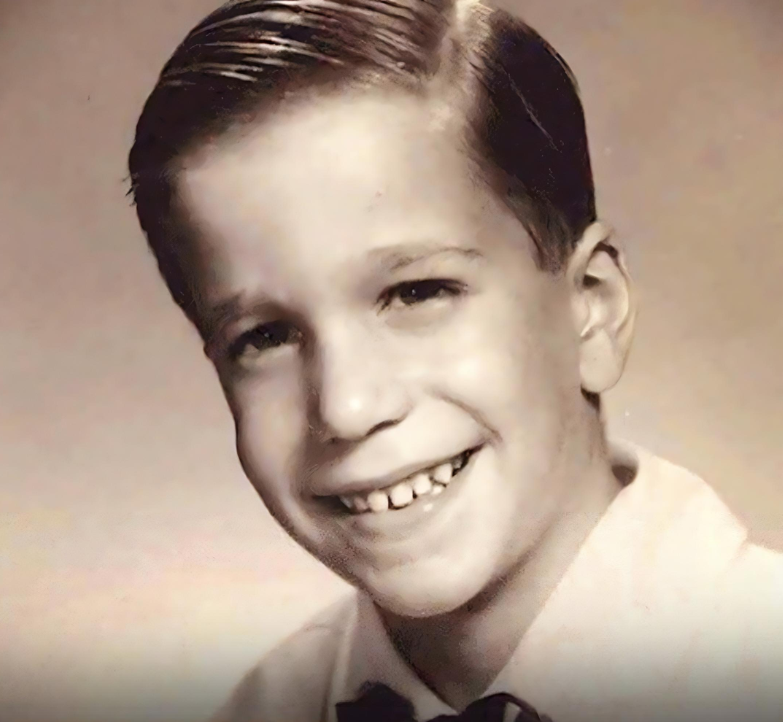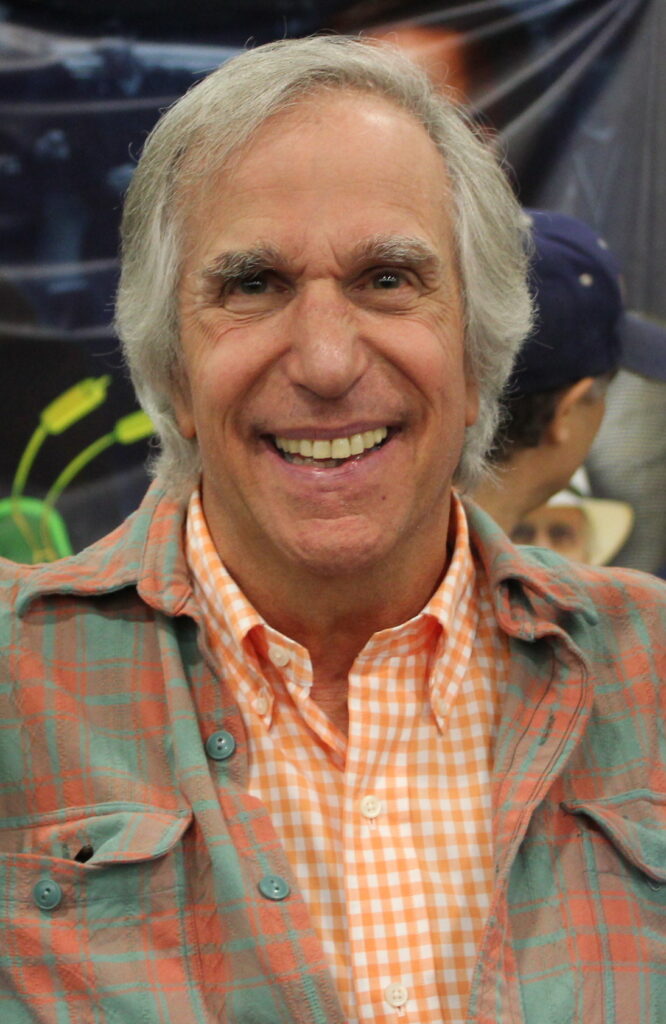Henry Winkler’s rise to fame as the iconic “Fonzie” on the hit TV series “Happy Days” is a story that captivated audiences for years. However, what many people don’t know is the deeply personal struggle he faced behind the scenes – a battle with undiagnosed dyslexia that threatened to derail his dreams from the very beginning.
Born to immigrant parents who fled Nazi Germany, Winkler’s early years were marked by constant ridicule and a painful lack of understanding from those around him. Labeled as “dumb” and a “Dummo Hund” (German for “dumb dog”) by his own family, he internalized these hurtful words, which eroded his self-esteem and made his academic journey a constant uphill battle.

Despite his natural talent and intelligence, Winkler’s dyslexia made reading scripts and coordinating movements a daily struggle. Constant ridicule from teachers and peers only exacerbated the problem, contributing to a childhood filled with emotional turmoil and self-doubt.
Yet, Winkler’s unwavering spirit and determination refused to be extinguished. He applied to 28 schools, finally receiving acceptances from two – one of which was the prestigious Yale School of Drama. It was there that his true acting abilities blossomed, particularly during an improvised Shakespearean speech that showcased his innate talent.
On the set of “Happy Days,” Winkler’s portrayal of the iconic character Fonzie became synonymous with coolness and charisma. However, the reality behind the scenes was far from effortless. Winkler had to constantly employ strategies to compensate for his dyslexia, such as memorizing scripts and infusing his performances with humor to capture the “essence of the character” rather than being bound by the text.
Winkler’s dedication to his craft was evident when he declined the lead role in “Grease,” fearing that typecasting would limit his career. He was determined to prove his versatility and expand beyond the “Fonzie” persona that had made him a household name.

Wikimedia
A turning point in Winkler’s life came when he discovered that his nephew, Jed, was also dyslexic. This realization at the age of 31 brought his own challenges into sharp focus and marked the beginning of a more public acknowledgment of his struggle with the learning disorder.
Winkler learned to adapt and overcome his dyslexia, using his natural talents and creativity to his advantage. He continued to explore various acting roles, even contributing to the creation of the television series “MacGyver.”
Henry Winkler’s transformation from a child berated for his learning disorder to a celebrated actor and producer is a testament to the power of perseverance, talent, and a never-give-up attitude. His story serves as a beacon of hope and inspiration, demonstrating that overcoming personal adversities is possible with dedication and hard work.
Winkler’s journey has had a lasting impact, not only on the entertainment industry but also on the lives of those who have faced similar struggles. His willingness to openly discuss his dyslexia and advocate for greater understanding and support has made a significant difference in the lives of countless individuals.
Henry Winkler’s story is a powerful reminder that the greatest obstacles can be overcome with unwavering determination and a steadfast belief in one’s abilities. His remarkable journey stands as a testament to the transformative power of resilience and the importance of never giving up, even in the face of seemingly insurmountable challenges.


